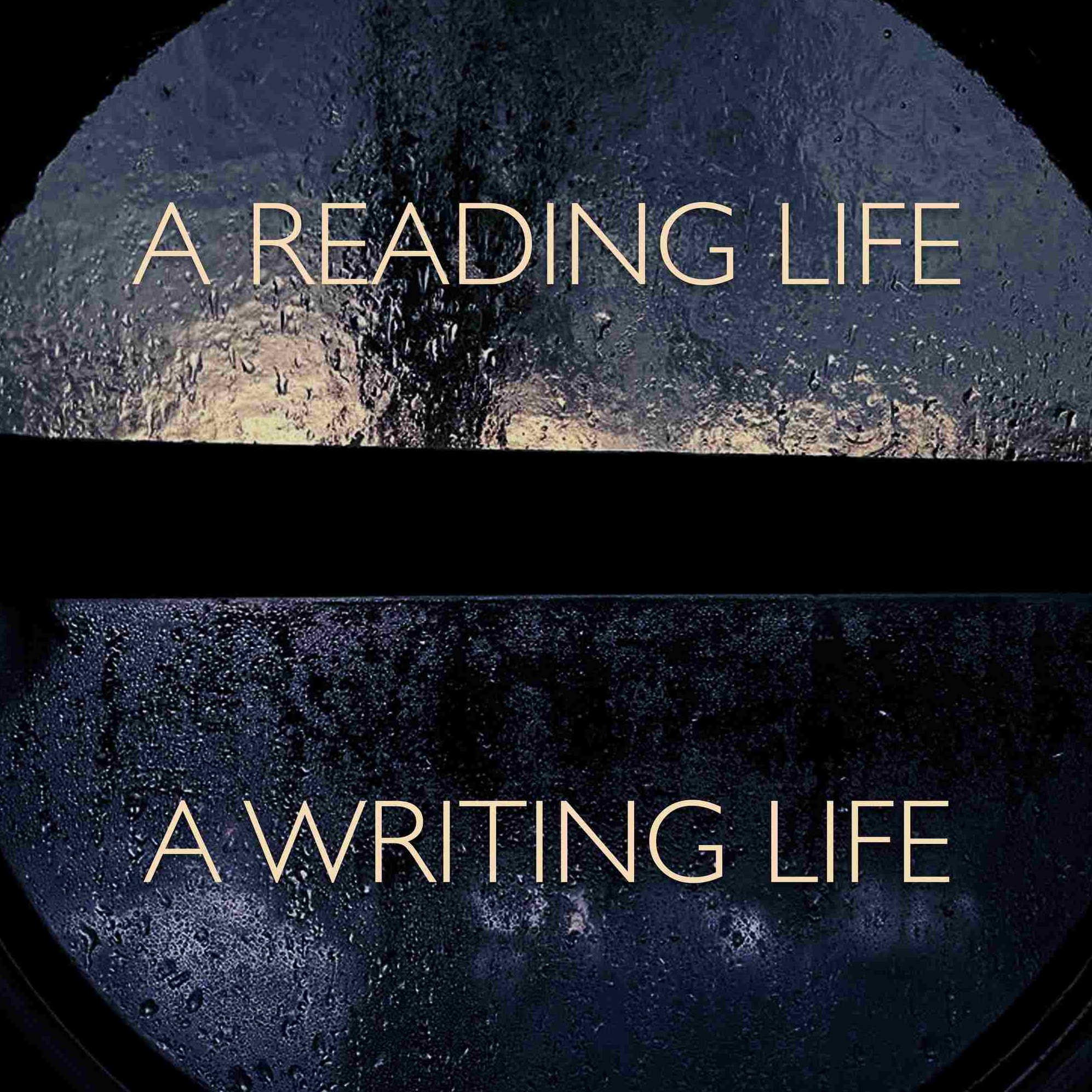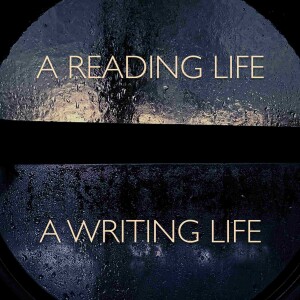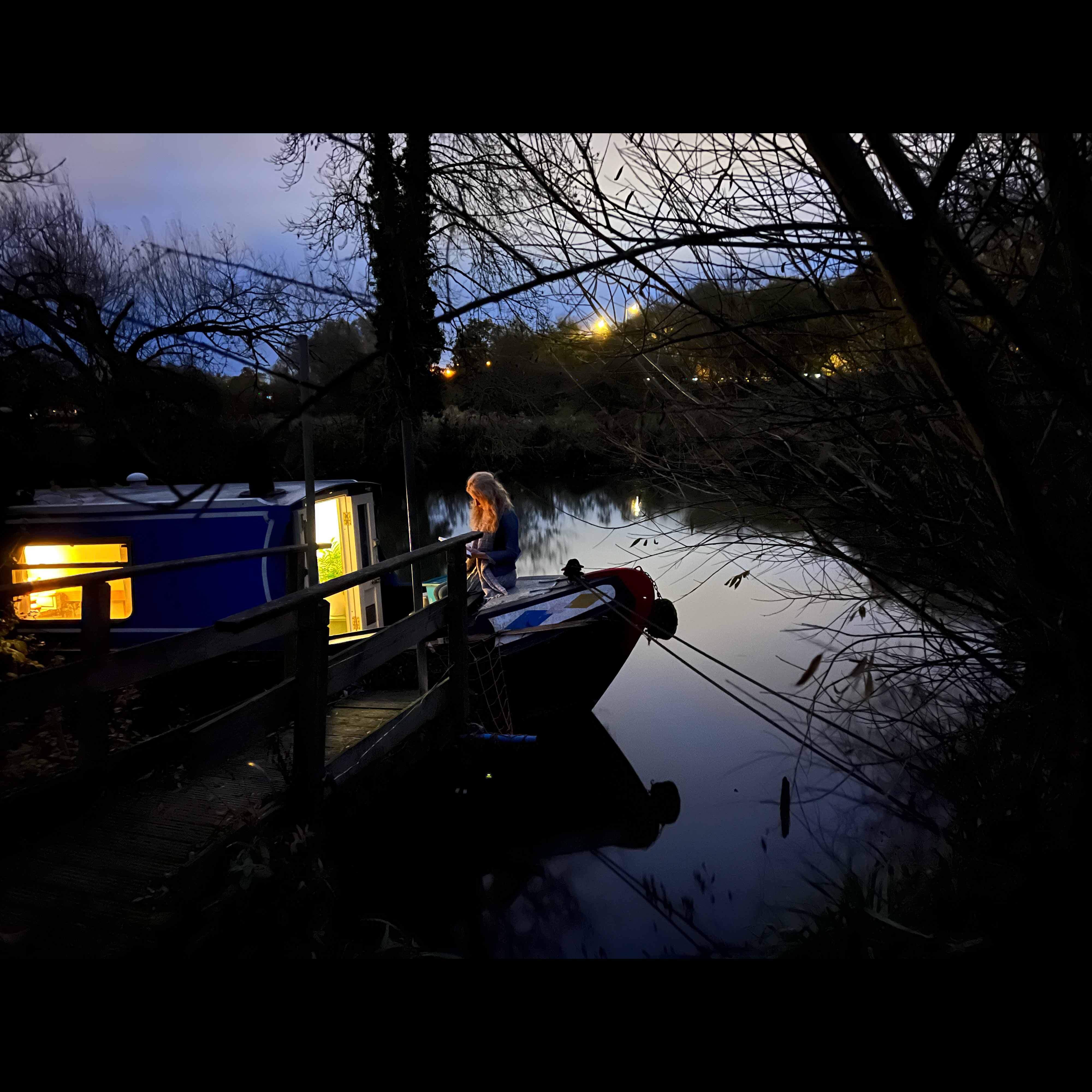A Reading Life, A Writing Life, with Sally Bayley

Acclaimed writer Sally Bayley lives on a narrowboat, surrounded by the sights and sounds of nature, sustained by reading and writing. In this series, she invites us into her life, showing us how books have the power to change your life. Sally has recently been diagnosed with an auto-immune disease, but this is not a misery memoir podcast; she shows us how literature and connection to nature can console and give courage and insight. The series is produced by Andrew Smith, James Bowen, Lucie Richter-Mahr, and Dylan Gwalia. To find out more about Sally please visit: https://sallybayley.com.
Acclaimed writer Sally Bayley lives on a narrowboat, surrounded by the sights and sounds of nature, sustained by reading and writing. In this series, she invites us into her life, showing us how books have the power to change your life. Sally has recently been diagnosed with an auto-immune disease, but this is not a misery memoir podcast; she shows us how literature and connection to nature can console and give courage and insight. The series is produced by Andrew Smith, James Bowen, Lucie Richter-Mahr, and Dylan Gwalia. To find out more about Sally please visit: https://sallybayley.com.
Episodes
Episodes



Saturday Oct 21, 2023
The Red Poppy
Saturday Oct 21, 2023
Saturday Oct 21, 2023
‘Feelings: oh, I have those; they govern me.’
In this special episode, Sally reflects on the work of the late poet Louise Glück as she travels around Oxford. Join her as she muses on feeling, poetry, family, and names.
The poem, ‘The Red Poppy’, featured in this episode, can be read here: https://poets.org/poem/red-poppy-0
The wonderful piano music in the opening section is by Paul Clarke.
This episode was edited and produced by James Bowen.
Special thanks to Andrew Smith, Violet Henderson, Kris Dyer, and Maeve Magnus.



Wednesday Oct 18, 2023
Peter Pan
Wednesday Oct 18, 2023
Wednesday Oct 18, 2023
"In the end she grew up of her own free will a day quicker than other girls."
Sally and her neighbour discuss tree spirits and magical bracelets on her narrowboat. As the rains draw in, Sally settles down to read J. M. Barrie’s Peter Pan. She thinks about clouds and feelings, listens to chamber music, and follows the story of Peter Pan from Kensington Gardens to Rustington-on-Sea. Our feelings have always been with us, like the weather. And on rainy days, it’s good to dance more.
Miss Cull, a frequent guest on the podcast, can also be found in Sally’s latest book, The Green Lady, available from all good booksellers.
Original music, ‘Wednesday’, by Paul Clarke.
Special thanks to Andrew Smith, Violet Henderson, Kris Dyer, and Maeve Magnus.
For Laetitia.



Thursday Oct 12, 2023
Bonus Episode: The Lady Stalker
Thursday Oct 12, 2023
Thursday Oct 12, 2023
In this special bonus episode, follow Sally on an adventure of mistaken identity, Marmite ice cream, and Miss Cull.
This episode was edited and produced by James Bowen.
Special thanks to Andrew Smith, Violet Henderson, Kris Dyer, and Maeve Magnus.



Wednesday Oct 11, 2023
Daniel Martin
Wednesday Oct 11, 2023
Wednesday Oct 11, 2023
‘Is there a plot to life?’
This week, Sally has been reading Daniel Martin, by John Fowles. Follow her musings as she considers the relationship between the writer’s public and private selves, anonymity, and the nature of plot.
Daniel Martin, now published by Vintage Classics, is available from all good booksellers. All quoted materials are the property of the Estate of John Fowles.
The poem, ‘Burnt Norton’ from the Four Quartets, parts of which Sally performed last week at the Oxford Chamber Music Festival, is available to read here: http://www.davidgorman.com/4quartets/1-norton.htm
This episode was edited and produced by James Bowen.
Special thanks to Andrew Smith, Violet Henderson, Kris Dyer, and Maeve Magnus.
Tune in tomorrow for a bonus episode…



Wednesday Oct 04, 2023
Miss Cull
Wednesday Oct 04, 2023
Wednesday Oct 04, 2023
‘How do you face the void?’
This week, Sally presents a series of linked meditations around the character of Miss Cull, illustrating how characters can be made by, with, and through everyday objects, and how her biography, like anyone’s, is still being written. For writers struggling to face the blank page, follow Miss Cull as she emerges from Sally’s observations of life, its rhythms, and the animate world of the writer’s imagination.
Miss Cull, a frequent guest on the podcast, can also be found in Sally’s latest book, The Green Lady, available from all good booksellers.
This episode was edited and produced by James Bowen.
Special thanks to Andrew Smith, Violet Henderson, Kris Dyer, and Maeve Magnus.



Thursday Sep 28, 2023
Inhabit the Garden
Thursday Sep 28, 2023
Thursday Sep 28, 2023
‘Other echoes inhabit the garden. Shall we follow?’
This week, Sally is reading T. S. Eliot in preparation for her performance at the Oxford Chamber Music Festival on the 6th of October. She explores the landscape of ‘Burnt Norton’ (1936), improvising scenes on the theme of memory via rose leaves, purses, lightbulbs, and dry crackling lawns. The Oxford Chamber Music Festival, run by Priya Mitchell, takes place from the 4th to the 7th of October. All are welcome, please come along!
The Festival website is here: https://www.ocmf.net/2023-festival/
The poem, ‘Burnt Norton’ from the Four Quartets, is available to read here: http://www.davidgorman.com/4quartets/1-norton.htm
The wonderful music is by Paul Clarke. This episode was edited and produced by James Bowen
Special thanks to Violet Henderson, Kris Dyer, and Maeve Magnus.



Saturday Sep 23, 2023
Froggie and the Golden Ball
Saturday Sep 23, 2023
Saturday Sep 23, 2023
‘For all the Froggies of the World...'
Inspired by her amphibian lifestyle, Sally offers an everyday fable of the writer. Froggie and the Golden Ball is a cautionary tale of the writerly career and the lure of acclaim, interspersed with reflections on nature, Emily Dickinson, and hairdressing.
Dickinson’s poem about the frog is available here: https://poets.org/poem/im-nobody-who-are-you-260
The producer of this episode is James Bowen.
The extra voice in this episode is Emma Fielding.
The beautiful piano music heard in the opening section is written and performed by Paul Clarke.
Thanks to everyone who has supported us so far. Special thanks go to Violet Henderson, Kris Dyer, and Maeve Magnus.



Thursday Sep 07, 2023
The Farrier
Thursday Sep 07, 2023
Thursday Sep 07, 2023
Sally has just finished a lesson with a student who is writing a story in the vein of Thomas Hardy about a young man on a farm. Searching for visual references, they latch on to a painting of a farrier, shoeing a horse. Now the image, haunted by a spectral figure, has lingered in Sally's mind and she reflects on how visual and physical memory can inspire writing; and how writers are like ghosts, absent-present in the scene.
In a heat haze, the sound of a dog barking prompts her to think about the importance of creating barriers against the noise of the world.
The producer of the podcast is Andrew Smith: https://www.fleetingyearfilms.com
The extra voice in this episode is Emma Fielding.
Thanks to everyone who has supported us so far. Special thanks go to Violet Henderson, Kris Dyer, and Maeve Magnus.

A Reading Life, A Writing Life
Each episode of this podcast is accompanied with notes and tips for further reading. These can be found in the shownotes accompanying each episode.
Our thanks goes out to everyone who has supported Sally and her podcast so far. Your generosity has enabled us to launch the series. To find out more, or to support the on-going producton of the podcast, please visit https://gofund.me/d5bef397
To find out more about Sally Bayley please visit her website at https://sallybayley.com/
Thank you!




